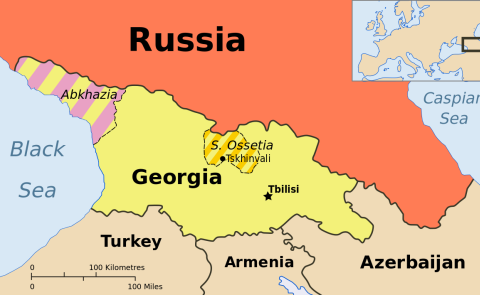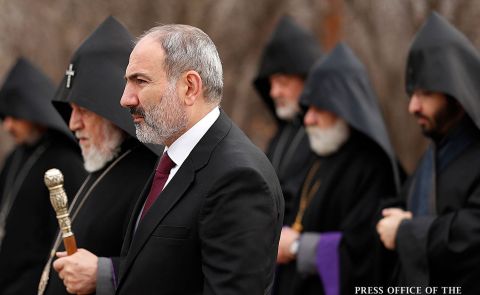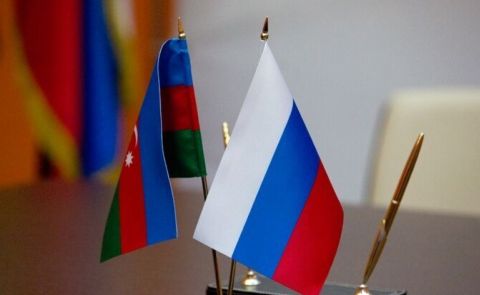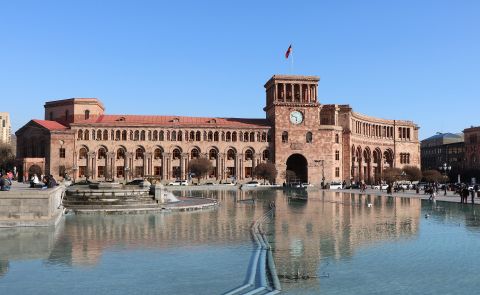
Covid-19 update in Georgia: infections decrease; economic outlook

On 17 December, the Georgian Prime Minister Giorgi Gakharia stated that for the first time in the past several months the country reported less than 3,000 daily infections from more than 17,000 daily tests.
“The restrictions which were imposed by the government at the end of November have helped us to slow the spread of Covid-19. We have managed to slow the rate of new infections which gives us reason for cautious optimism,” Gakharia stated. He said that the achievement should be preserved and urged the Georgian people to refrain from gatherings for New Year and Christmas. In the past 24 hours, Georgia reported 2,981 new cases and 31 deaths bringing the total tally to 201,368 cases and 1,953 deaths. It was also reported that the US-produced medicine used against Covid-19 “Remedsivir” arrived in the country to treat patients for whom it will be considered to be effective and safe to improve their health.
The country’s Economy Minister Natia Turnava summed up the activities of her ministry in the passing year. She emphasised that despite the pandemic, her administration was able to create a business visitor management platform which allowed Georgia to ensure the safe arrival of business visitors and investors. Another project that Turnava noted in her presentation was “Remotely from Georgia” which allows foreign citizens to travel and work remotely from Georgia. Turnava also talked about another programme that was created this year “State - Your Partner,” which allows individuals to receive state services and information in 81 community centres and 24 justice houses in more than 100 settlements throughout Georgia about programmes to help start or assist new business. She highlighted that by the end of the year that 78 new projects were funded, with a total investment of 161 million lari.
Georgia’s Finance Minister Ivane Matchivariani said that the country spent its fiscal reserves, which increased the 2020 budget deficit to 9.1%, while government debt to GDP ratio increased to 59.9%. He said that international partners allocated $1.9 bln for Georgia to help fight the Covid-19 pandemic. Amongst the donor organisations were the Asian Development Bank (ADB), The German Development Bank (KfW), the French Development Agency (AFD), the European Union (EU), the International Monetary Fund (IMF), the World Bank (WB), the Asian Infrastructure Investment Bank (AIIB) and the European Investment Bank (EIB). Matchivariani also noted that Georgia was in first place with pandemic support per capita by the support of donor organisations.
Despite the support of the international financial institutions, Georgia allocated 420 million lari for the healthcare system, over 1.2 billion lari to support citizens amid the pandemic and over 1.6 billion lari for business support. In 2020 the tax liabilities of more than 50,000 taxpayers have been postponed which was more than 400 million lari loss for the budget. Matchivariani emphasised that the goals of the finance ministry for next year are: 1) decreasing the government debt, 2) decreasing budget deficit to 3% of GDP, 3) reducing capital costs to 8% of GDP, 4) reducing the shadow economy, 5) minimising fiscal risks and 6) creating companies which will support economic growth of the country.
In addition, further economic developments were also announced in Georgia. The Tbilisi Energy gas supply company announced that it would not increase the cost of natural gas for commercial consumption following a meeting with the Ministry of Economy. The European Investment Bank (EIB) announced that it would invest €25 million to expand the credit line for Georgian small and medium-sized enterprises (SMEs) and mid-caps available at the Bank of Georgia to support the recovery of the business sector and the country’s economy from damage wrought by the pandemic. The operation is part of Team Europe’s Covid-19 emergency response to help sustain jobs, maintain liquidity and operations, and fuel the economic recovery of the country.
The International Monetary Fund (IMF) Executive Board completed the Seventh Review of Georgia’s economic reform programme supported by a four-year extended arrangement under Extended Fund Facility (EFF). The bard approved a disbursement of $113.9 million to help the Georgian economy amid Covid-19 shocks. “Georgia faces a pronounced economic slowdown due to the Covid-19 pandemic. Despite the successful containment of the first wave of the pandemic, the recent rise in cases has required new measures that could weaken the recovery. Risks are large and mostly to the downside,” said Tao Zhang, IMF Deputy Managing Director and Chair.
He noted that the National Bank of Georgia has appropriately maintained a moderately tight monetary stance to anchor inflation expectations, while safeguarding the exchange rate flexibility. The IMF Deputy also said that Georgia’s fiscal response to the pandemic has helped alleviate its adverse economic and social impact, with higher healthcare spending, targeted and temporary support to households and businesses, and sustained public investment. Zhang emphasised that mobilising investment, advancing education reform, implementing the new insolvency framework, developing the local capital market, and judiciary reforms would further improve the business environment and support the private sector–led growth in the country despite the pandemic.
See Also


Georgian Bishop Accuses Government Official of Plotting Assassination; Opposition Leader Alleges Husband’s Abduction

Armenian Government and Church Face Growing Tensions Over Leadership Allegations

Tensions Rise Between Russia and Azerbaijan Over Medinsky’s Ukraine Conflict and Karabakh Remarks

Chechen Official Outlines Conscription Rules for Russia-Ukraine War

